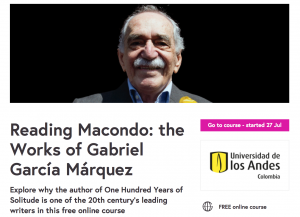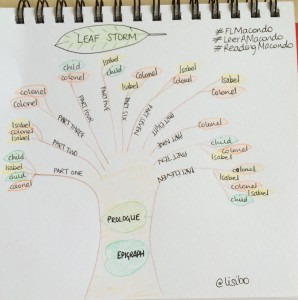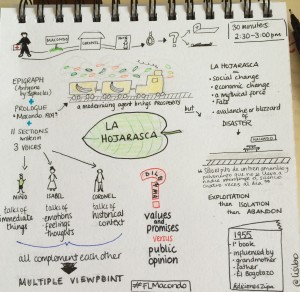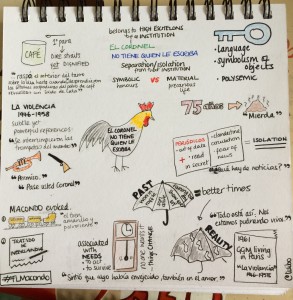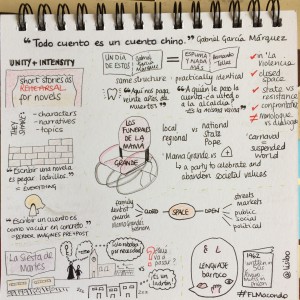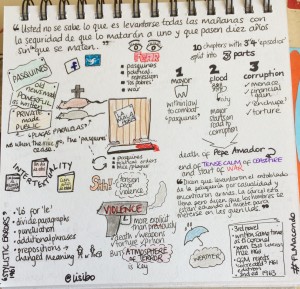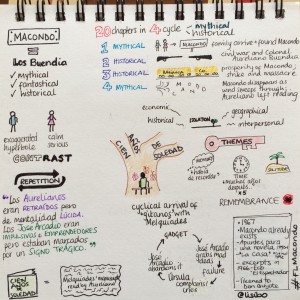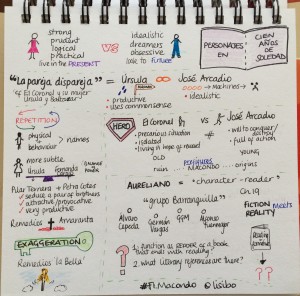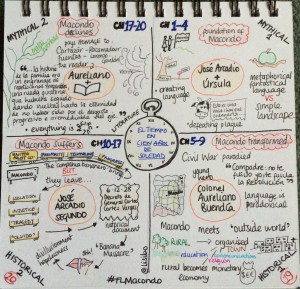I've been reading. Of course, there's never a time when I don't have a book on the go, but that's fiction. As it's Lent I've tried to be a tad more disciplined, and to that end saved up a book that I bought some months ago. At the time, I posted online that it had been a bargain - and it was: it cost me about £70 less than its published price.
 Saturday's Silence
Saturday's Silence is an academic study of my favourite poet's work with reference to Holy Saturday, the day between Good Friday and Easter Day. And when I embarked on the introduction, I found myself nodding in agreement with much that the author had to say, about poetry in general and Thomas in particular. And it's not that I've stopped agreeing as I move through the body of the argument - quite the reverse.
I'm struck by how intense, line-by-line scrutiny of a poem kills that poem stone dead. This isn't a new thing floating into my consciousness - it's something I was terribly aware of when I was teaching English lit, and especially teaching poetry. But in my latter, more experienced days, I had learned the trick of teaching the "how" rather than the "what" - teaching the basics of poetic understanding* via snippets of examination so that the individual pupils could do it for themselves, and reach the point where it would be in the first instance instinctive, even if further study produced deeper and more detailed appreciation. It was that approach, I believe, that had S4 boys (15-16 years old) learning and loving poems by not only Thomas but also John Donne, reciting them off by heart and lovingly examining what it was that had so attracted them.
I've never really stated all this on paper before. Perhaps it's struck me as blindingly obvious without my labouring the point. But why I'm doing it now is because I've linked it in my mind, thanks to Richard McLauchlan, with religion, with faith itself and the nature of faith.
Think of all the tedious sermons you've listened to in your day. (Obviously, I'm addressing a somewhat targeted audience here - you know who you are...) Do you ever consider, perhaps when you give up actually paying attention, what's wrong with them? I bet some of them at least were lectures, telling you what words in the bible signify in terms of what you, the punter, ought to believe. Lectures, instead of actual communication, kill faith as dead as academic study kills a poem.
I'm not going to chase this further. I want to emerge with today's little epiphany which is probably more of a realisation of something I've known for decades.
Prose can kill.
Which is why poetry is important, why the practice needs to be done to acquire the eyes with which to grasp it.
Which is why I approach faith as the poet, or as the lover of poetry who spots symbolism at a hundred paces.
Which is why music is so important.
Which is why it was a combination of music and poetry that brought me to faith.
I'll finish the book. It's had the merit of taking me to revisit some dearly loved poems, to feel once again the sudden stab of recognition that Thomas's last lines can so often create. But it's the poetry that matters.
Always.
*
I'm talking here about such technical features as caesura, enjambement - all the stuff you make a part of your perception so that you don't need to think about it. 


